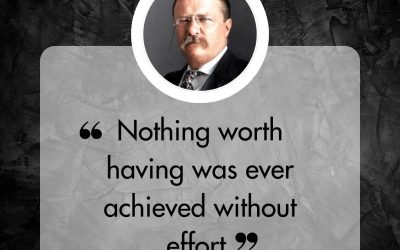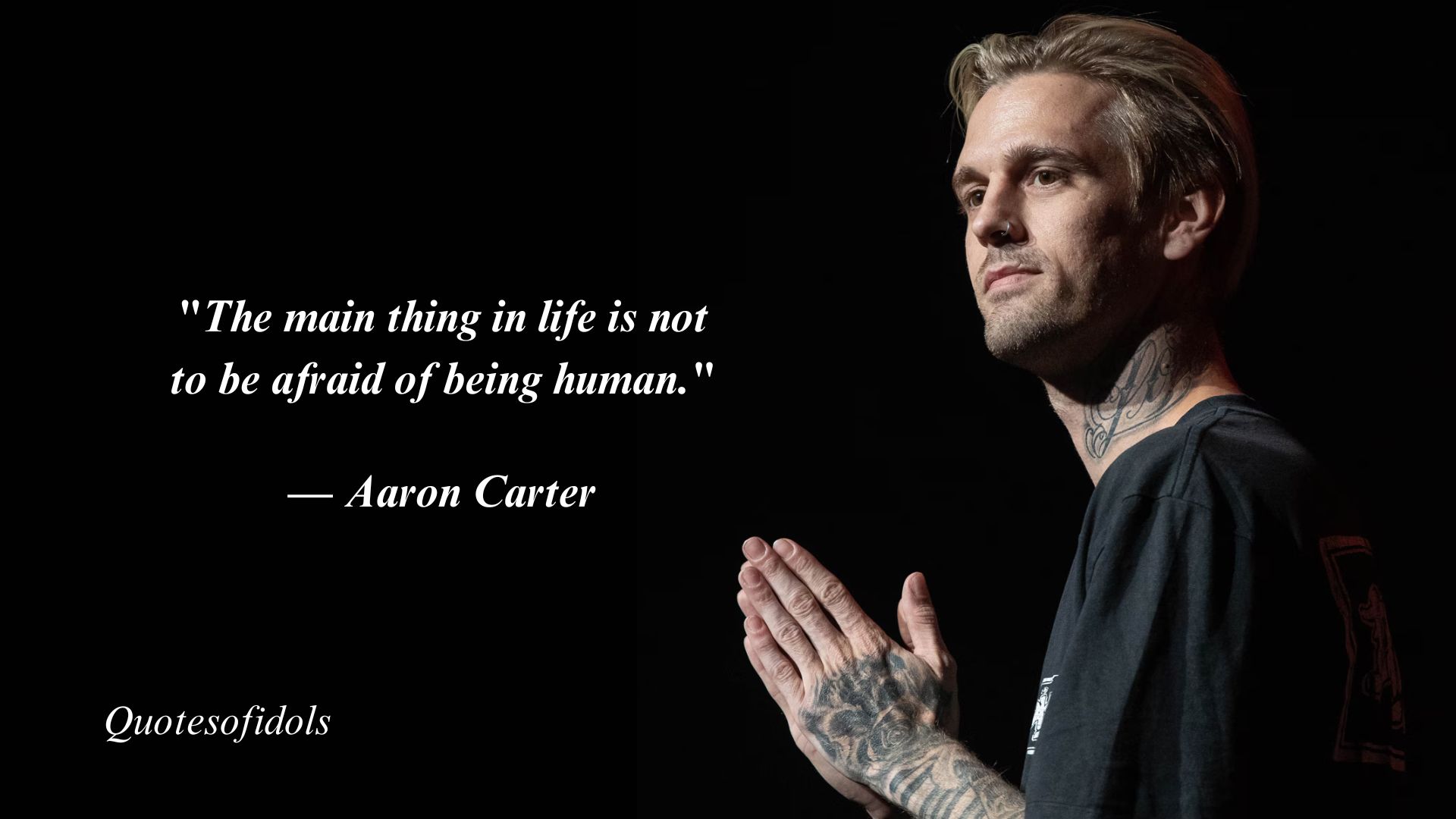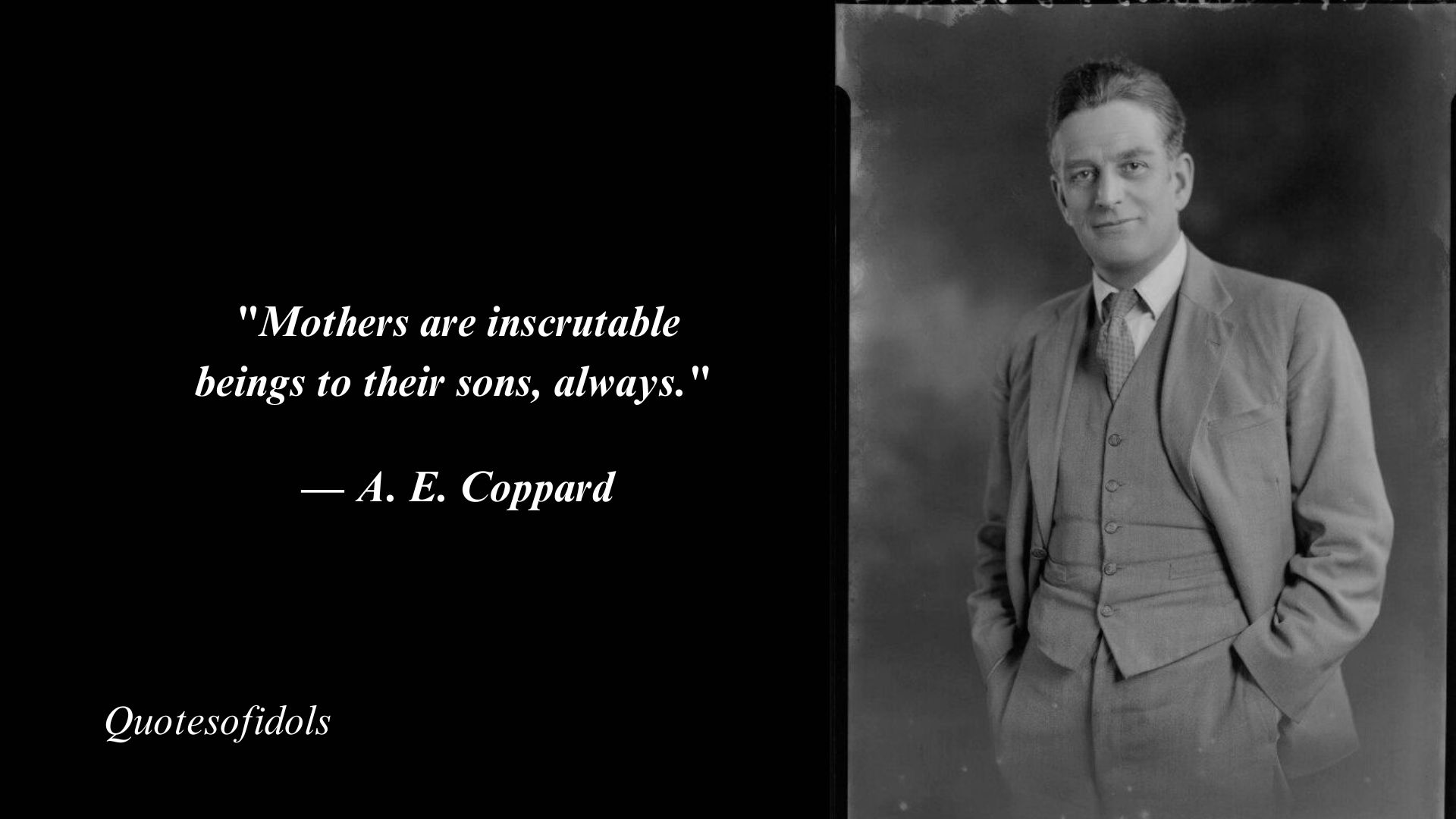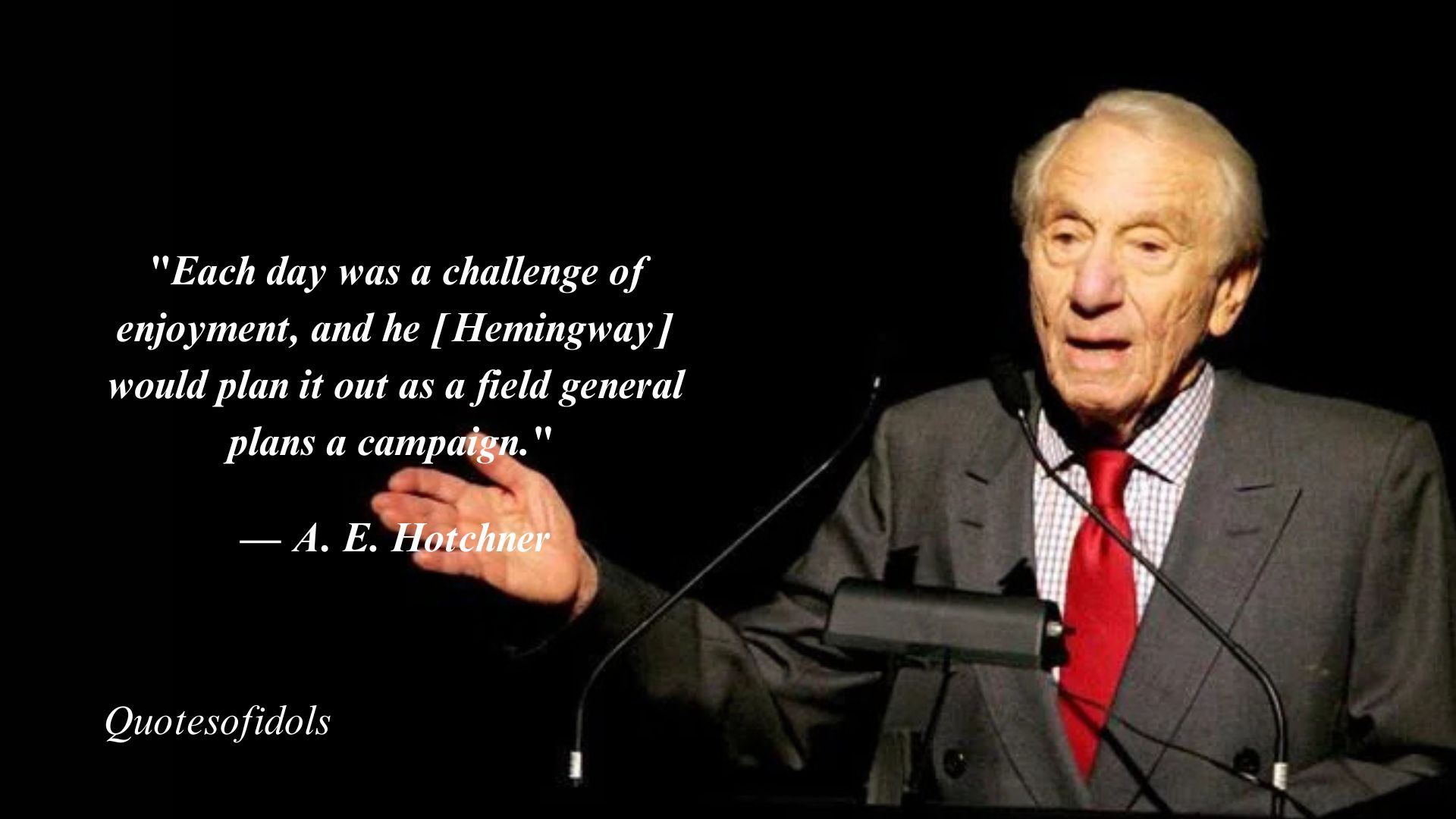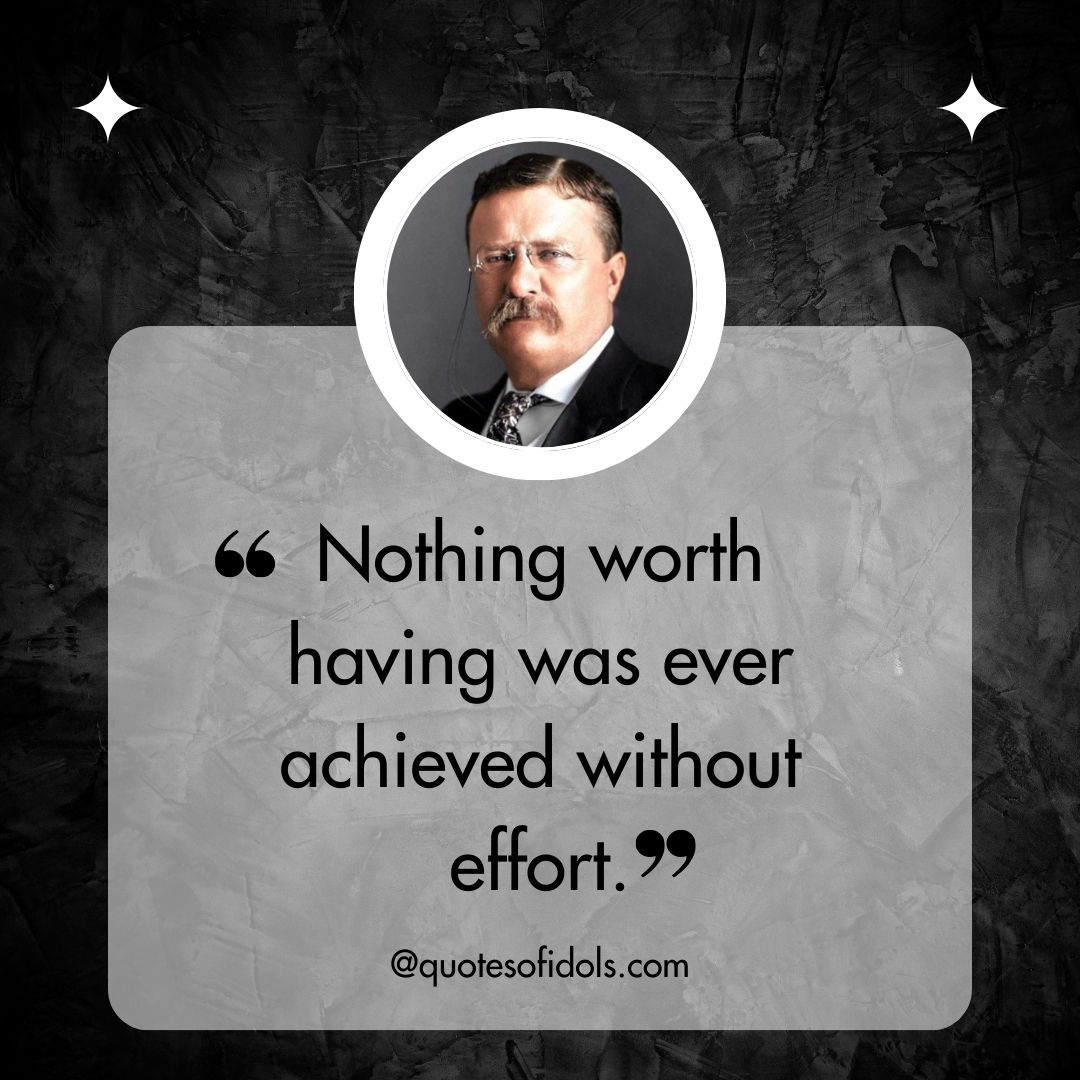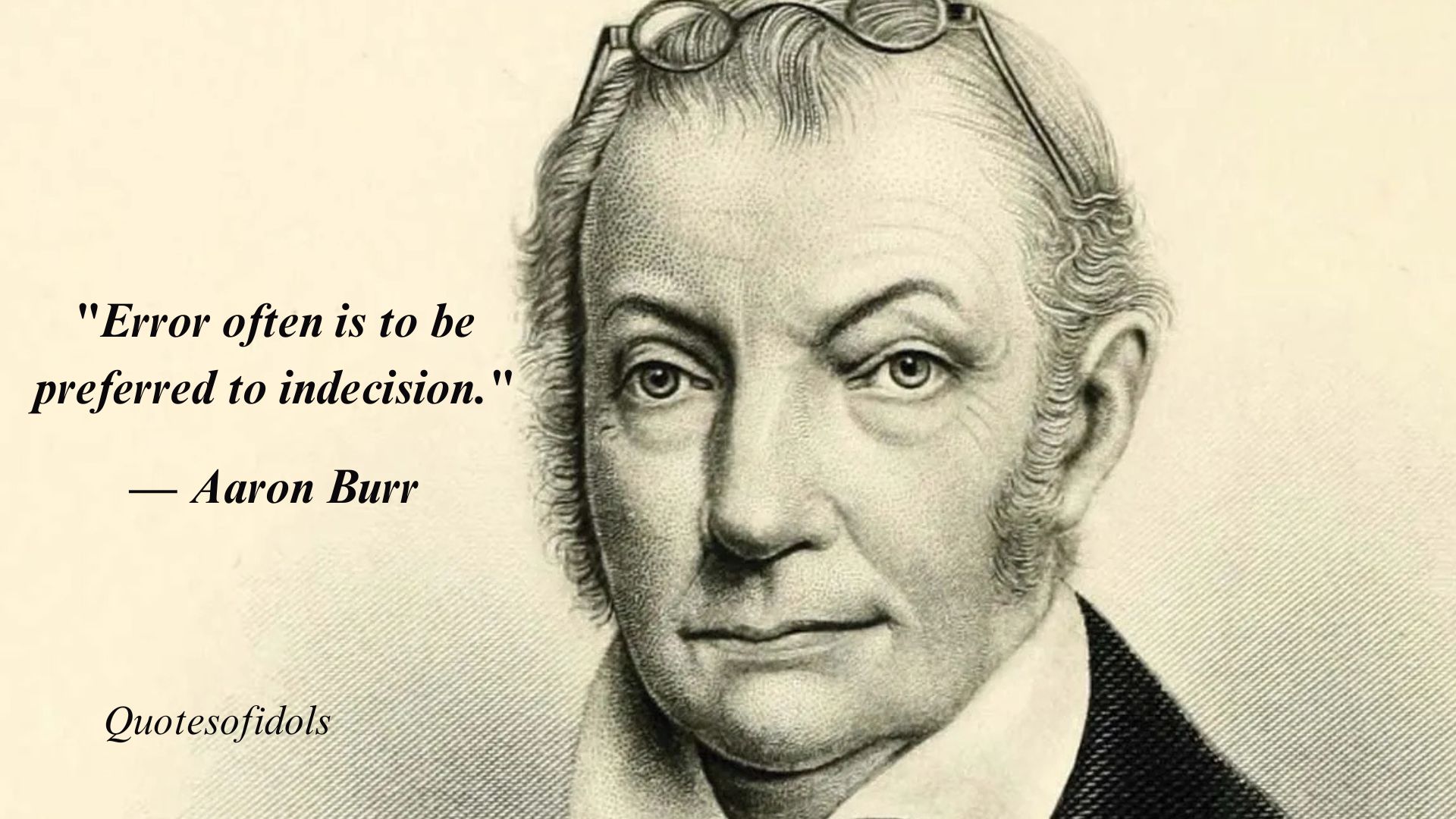Augustus Quotes
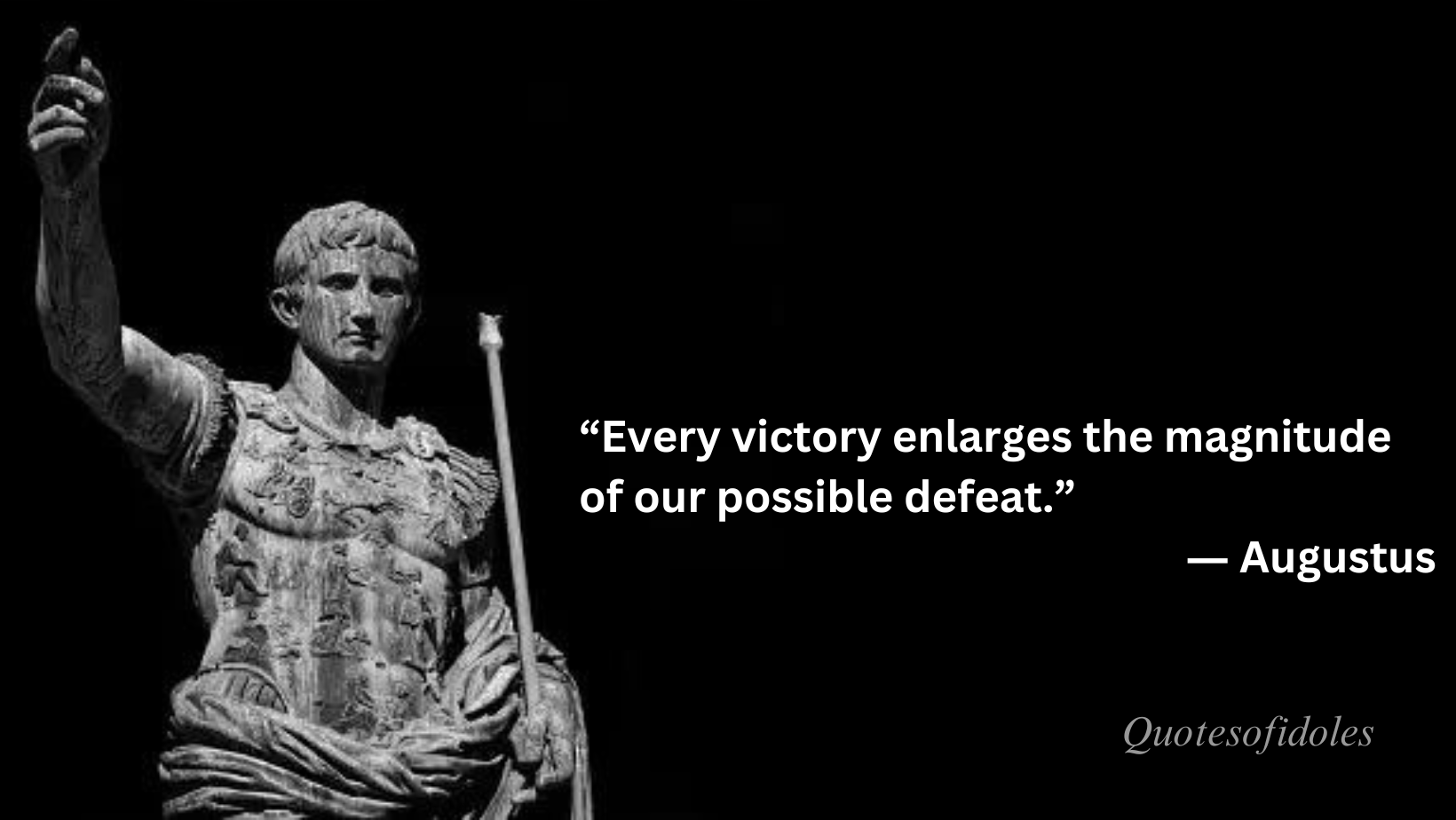
Gaius Julius Caesar Augustus (born Gaius Octavius; 23 September 63 BC – 19 August AD 14), also known as Octavian (Latin: Octavianus), was the founder of the Roman Empire; he reigned as the first Roman emperor from 27 BC until his death in AD 14.[a] The reign of Augustus initiated an imperial cult as well as an era associated with imperial peace, the Pax Romana or Pax Augusta, in which the Roman world was largely free of armed conflict aside from expansionary wars and the Year of the Four Emperors. The Principate system of imperial rule established by Augustus lasted until the Crisis of the Third Century.
Augustus Quotes
1. “Every victory enlarges the magnitude of our possible defeat.”
― Augustus
2. “A man may live like a fool for a year, and become wise in a day.”
― Augustus
3. “He is a man like any other… he will become what he will become, out of the force of his person and the accident of his fate.”
― Augustus
4. “I am the son of Julius Caesar, and I am consul of Rome. You will not call me boy again.”
― Augustus
5. “One does not deceive oneself about the consequences of one’s acts; one deceives oneself about the ease with which one can live with those consequences.”
― Augustus
6. “Between the brutality that would sacrifice a single innocent life to a fear without a name, and the enlightenment that would sacrifice thousands of lives to a fear that we have named, I have found little to choose.”
― Augustus
7. “To care not for one’s self is of little moment, but to care not for those whom one has loved is another matter.”
― Augustus
8. “He was our enemy, but as it is strange, after so many years the death of an old enemy is like the death of an old friend.”
― Augustus
9. “Have I have played my part well in the comedy of life? If so, clap your hands and dismiss me from the stage with applause.”
— Augustus
10. “If I have played my part well, clap your hands, and dismiss me with applause from the stage.”
— Augustus
11. “I came to see a king, not a row of corpses.”
— Augustus
12. “The Senate decreed that vows should be undertaken every fifth year by the consuls and priests for my health.”
— Augustus
13. “My uncle once told me to read the poets, to love them, and to use them—but never to trust them.”
― Augustus
14. “one that none of us can see. We cannot know at last the effects of what we do, whether for good or ill.”
― Augustus
15. Youth is ignorant, and its passion is abstract.”
― Augustus
16. “came to know that loss was the condition of our living. It is a knowledge that one cannot give to another.”
― Augustus
17. “We are most fortunate, my dear Vergil, that we need not marry to ensure our posterity, but can make the children of our souls march beautifully into the future, where they will not change or die.”
― Augustus
18. “I have come to understand Terentia, I believe. In her own way, she might have been wiser than any of us. I do not know what has become of her. What does become of people who slip quietly out of your life?”
― Augustus
19. “One does not deceive oneself about the consequences of one’s acts; one deceives oneself about the ease with which one can live with those consequences.”
― Augustus
20. “There is so much that is not said. I almost believe that the form has not been devised that will let me say what I need to say.”
― Augustus
21. “Do they know that before us lies a road at the end of which is either death or greatness? The two words go around in my head, around and around, until it seems they are the same.”
― Augustus
22. “We need not forgive ourselves,” he (Augustus) said. “It has been a marriage. It has been better than most.”
― Augustus
23. “What does become of people who slip quietly out of your life?”
― Augustus
24 “The way to knowledge is a long journey, and the goal is distant; and one must visit many places along the way, if he is to know that goal when he arrives at it.”
― Augustus
25. “He is Accident, and his priest is man, and that priest’s only victim must be at last himself, his poor divided self.”
― Augustus
26. “strong principle, coupled with a sour disposition, can be a cruel and inhuman virtue.”
― Augustus
